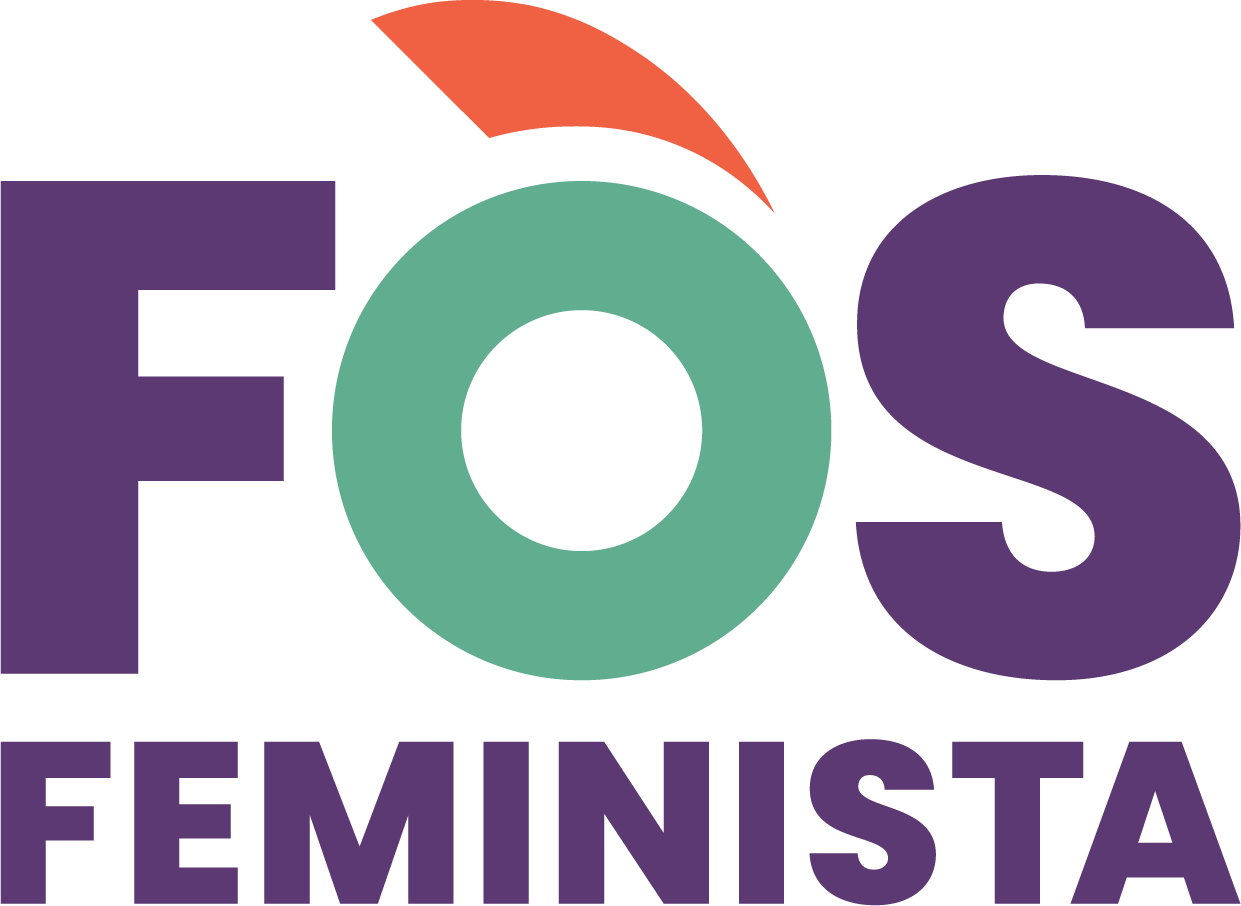
The new ruling makes safe, quality abortion more accessible—but more work needs to be done.
India’s Supreme Court has made a huge leap forward for women’s rights in a landmark ruling extending abortion access to all women irrespective of marital status to 24 weeks in their pregnancies. The decision was widely celebrated by abortion care access advocates in the country and worldwide, though more needs to be done to remove continued limits to the bodily autonomy of women, girls, and gender-diverse people.
What did the Court decide?
Previously, married women could have abortions up to 24 weeks into their pregnancies, but single women were limited to 20 weeks. The Indian Supreme Court’s order on abortion changed that, extending the right to safe and legal abortion up to 24 weeks of pregnancy to all women irrespective of their marital status.
The judges also recognized marital rape as a crime stating that women who report spousal rape are entitled to receive an abortion without having to prove sexual assault by filing a police report or initiating legal proceedings. This is significant, as the country’s Supreme Court is currently deliberating on a petition to criminalize marital rape.
‘’The judiciary has taken a huge step towards reiterating the feminist principles of non-discrimination and equality for women irrespective of their marital status and recognizing marital rape (only for limited purposes of abortion which is critical as Indian rape law does not recognize marital rape) and ensuring all women have access to safe abortion services,” said Nandini Mazumder, an associate coordinator at Fòs Feminista partner Asia Safe Abortion Partnership.
What does the ruling mean for women in India?
The 1971 passage of India’s Medical Termination of Pregnancy Act permitted abortion under limited circumstances. But continued restrictions left many pregnant people with no other choice but to resort to unsafe abortion, a leading cause of maternal mortality in the country.
The new ruling makes safe, quality abortion more accessible, but more work needs to be done. “It is still far from an ideal situation, but a journey well begun is half done,” said Dr. Alka Barua, Abortion Theme Lead at CommonHealth, a Fòs Feminista partner based in Gujarat that has been advocating for increased access to sexual and reproductive health care and services to improve health conditions of women and marginalized communities since 2006.
Fòs Feminista partners in India have advocated for expanding access to safe abortion for more than two decades, and the Supreme Court’s ruling gives them and their allies a strong legal basis for their continued calls to make safe, quality abortion more accessible.
“Though right now we are working towards ensuring that maximum service seekers benefit from the amended law, our long–term aim is decriminalization of abortion. We continue our advocacy and struggle for completely decriminalizing abortion,” said Dr. Barua.
What does this mean for the abortion rights movement worldwide?
At a time when the United States is moving backward and is now among a small handful of countries – El Salvador, Nicaragua, and Poland – that have tightened abortion laws in recent years, this development is a glimmer of hope.
India’s Supreme Court judgment in favor of women’s bodily autonomy becomes the latest in a series of recent Global South victories won through feminist organizing, including with the contributions of our partners, such as the decriminalization of abortion in Argentina, Colombia, and Mexico, and the recent steps to dismantle colonial-era criminalization laws in Benin, Kenya, and Sierra Leone.
“This historic ruling is not just a triumph for Indian women,” said Shiphrah Belonguel, Global Advocacy Officer at Fòs Feminista. “It’s an achievement to be celebrated by feminist activists who have been on the frontline of expanding abortion care access for women, girls, and gender diverse people throughout the Global South. Victories like these don’t happen overnight; they’re the result of years of painstaking effort. Through transnational knowledge-sharing and joint action across the vibrant and growing feminist movement, we believe that successes like these can ripple out and inspire change worldwide.”
Fòs Feminista congratulates our allies who helped bring about this victory in India and expresses our profound appreciation for the tireless generosity of feminists who share their experiences with others seeking to learn together from hard-earned successes and those who reach across borders to support others in their efforts.






